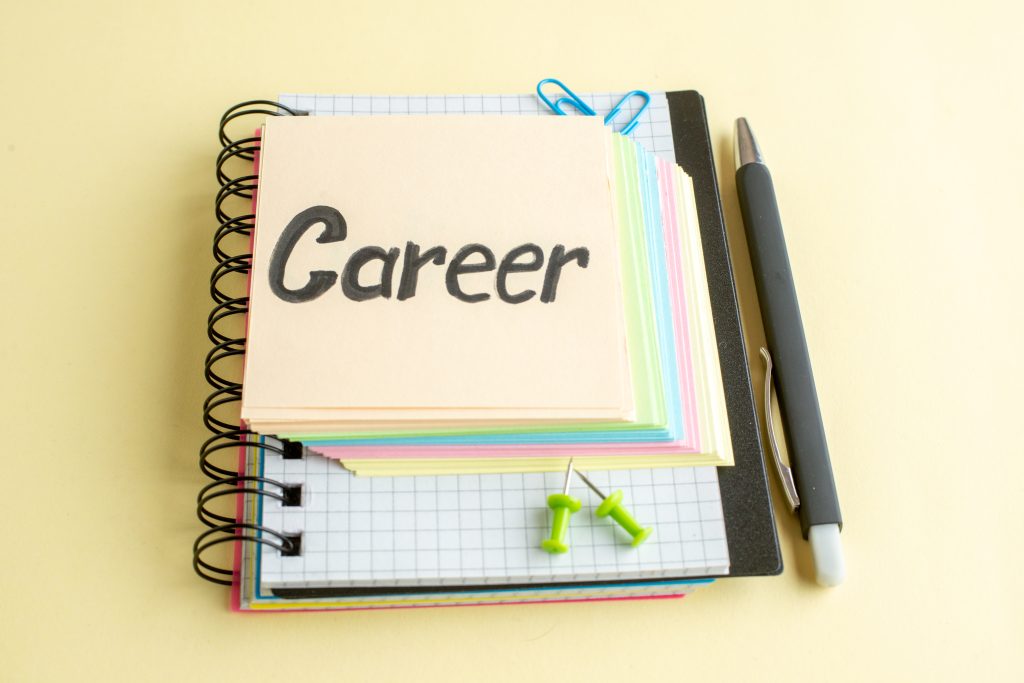Why One Backup Career Plan Isn’t Enough in 2025 Every Student Must Build Now
In today’s unpredictable world, students cannot rely on a single career path. Industries are evolving quickly, job roles are changing overnight, and technologies like AI are redefining what skills are valuable. Because of this, having only one backup plan is no longer enough. Students must explore multiple alternatives to stay ready for the future.
Why the Traditional Single Backup Career Plan Fails
For decades, parents and teachers guided students to pick one safe backup career option. For example, if a student aimed to become a cricketer, the backup might be engineering or medicine. However, the problem with this approach is that the economy no longer guarantees stability in any single profession. Career shifts are common, and industries like IT, manufacturing, and even healthcare are undergoing transformations.
The New Reality of Careers in 2025
In 2025, the job market is more competitive and volatile than ever. A single career backup does not guarantee security because even that option can quickly become outdated. Students need to develop flexibility and prepare for multiple scenarios. As a result, building more than one backup plan ensures they are ready for unexpected shifts.
Why Students Need Multiple Career Backups
There are several reasons why students must build more than one career plan in the modern world:
- Unpredictable job market: Jobs can disappear quickly due to automation, AI, or global events.
- Changing interests: Students in Grades 8–10 are still exploring their passions, which may evolve over time.
- Skill-based hiring: Companies are hiring based on skills rather than degrees, opening multiple pathways.
- Global opportunities: With online education and remote work, students can pursue careers that didn’t exist locally.
Examples of Building Multiple Backup Plans
Instead of focusing only on one alternative career, students can map at least three pathways. Let’s take an example. A student passionate about manufacturing can create multiple options:
- Primary Goal: Mechanical Engineer
- Backup 1: Robotics and Automation Specialist
- Backup 2: Supply Chain Analyst
- Backup 3: Entrepreneur in sustainable product design
Notice how each option connects but also opens doors to different industries. This kind of planning ensures that even if one path is blocked, other opportunities remain available.

Steps to Create Strong Career Backups
1. Identify Core Interests
Students should start by asking what excites them the most. Is it technology, healthcare, creativity, or business? Knowing this makes it easier to plan multiple routes within related industries.
2. Learn Transferable Skills
Skills like communication, problem-solving, coding, and data analysis can be applied across careers. Developing transferable skills ensures that students remain employable even when switching fields.
3. Stay Updated with Trends
Parents and teachers must guide students to read about future job trends. This helps them understand which careers are growing and which are becoming less relevant.
4. Explore Career Counseling
Professional guidance can help students build realistic yet flexible backup plans. Platforms like EDVDO provide personalized career roadmaps for Grades 8–10 students in India.
How Parents and Teachers Can Support
Parents, principals, and teachers play a key role in helping students plan wisely. They can encourage open discussions, provide exposure to different industries, and introduce tools that expand career awareness. Moreover, career counselors can help students align personal interests with industry demand, ensuring their plans remain practical.
The Future Belongs to Flexible Planners
It is clear that one backup career plan is not enough in 2025. Students must embrace flexibility, build resilience, and be open to multiple pathways. The more they prepare now, the better they will adapt to rapid changes in the job market. Ultimately, success will not come from choosing one safe option but from building a network of possibilities.
What do you think? Should students focus on multiple career plans or just one? Share your thoughts in the comments and explore more insights on our website!



